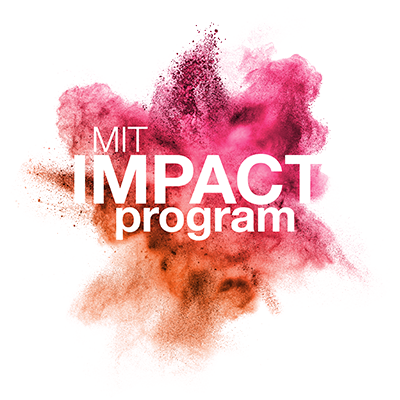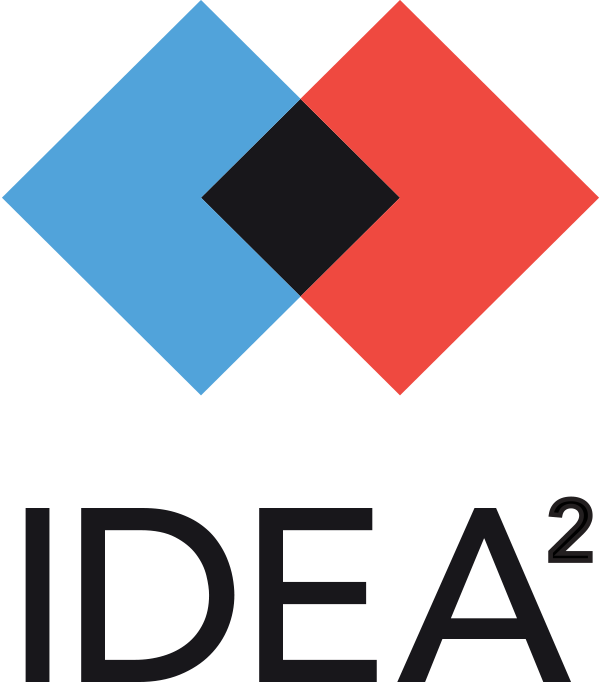Programs
linQ programs engage people in all aspects of biomedical innovation, from discovery to new venture building. All programs are guided by the linQ innovation method, involving diverse faculty mentors, in collaboration with innovation-driven organizations.

Nucleating high potential new projects without constraint of a single lab or institution.
How it works
Cohorts of Catalyst Fellows are recruited to identify and precisely define unmet medical needs that can be addressed with a new technology. Fellows form teams to develop new technologies, with an eye toward exits with new outside funding and in some cases startup companies.
Who should join
Post-doctoral, advanced graduate, business, and medical school students eager to explore new biomedical technology innovation in multidisciplinary teams.

Career preparation for post-doctoral and advanced pre-doctoral trainees.
How it works
In semiannual editions, expert faculty from a broad range of institutions and companies in the Boston area help IMPACT Fellows reflect on their work to gain new insights into their approaches as well as learn how to share their story with others.
Who should join
Post-doctoral and advanced graduate students seeking to deepen the impact of their research and to expand their career horizons.

Strategizing potential of team projects which have an eye towards commercialization.
How it works
Each edition of IDEA², which is about 6 months long, recruits new project teams of one or more individuals, and provides innovation training, presentation skill building, and team-specific mentorship and guidance by internationally-recognized experts.
Who should join
Project leaders and teams with an idea for a new technology seeking outside mentorship and expertise.

Career development workshop for women and underrepresented minorities in top junior research positions.
How it works
This annual workshop includes technical talks and panels with academic and industry leaders to provide mentoring and support for researchers as they transition to the next phase of their career, and to enable connections with investigators in different areas of biomedical research.
Who should join
Rising Stars are top female and under-represented minority (URM) postdocs and senior graduate students nominated by their supervisors.
Community-driven change
linQ accelerates health technology innovation by giving all players in the process opportunities for hands-on collaboration, enabling a free flow of ideas, connections, and wisdom that benefits everyone. Comprising leaders in engineering, science, medicine, and business, the linQ community overcomes together the typical divisions that stifle knowledge sharing.
Impact-oriented action
The linQ Method helps innovators accelerate and heighten the impact of their solutions on serious health and medical challenges. Not only do they achieve innovation milestones faster and with more certainty, they grow as professionals—whether they are early in their careers or already experienced leaders.
Engage with linQ
linQ is an open organization with many modes of engagement, from program participant (as a fellow, faculty, or expert advisor), to project collaborator, to initiative sponsor. In every case, our goal is to help you maximize your innovation impact. Write to us if you’d like to learn more.
linQ in the MIT Museum
MIT linQ is included in the new permanent exhibit “Essential MIT” in the redesigned MIT Museum.






